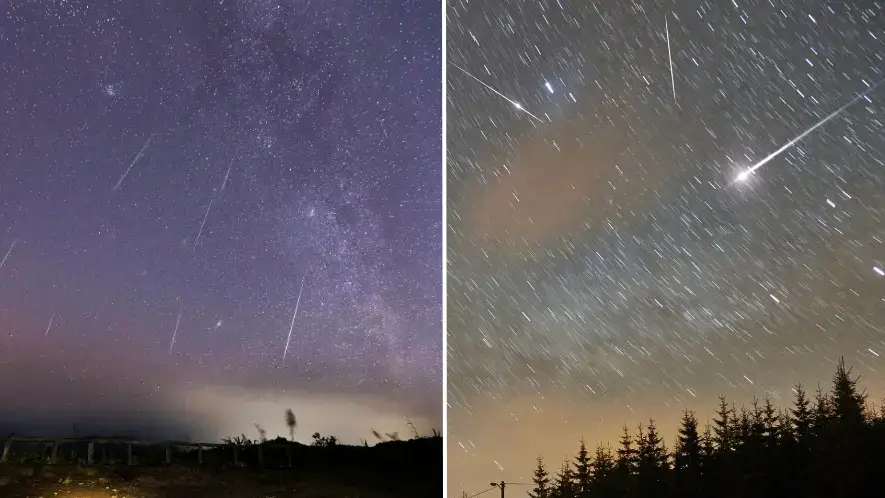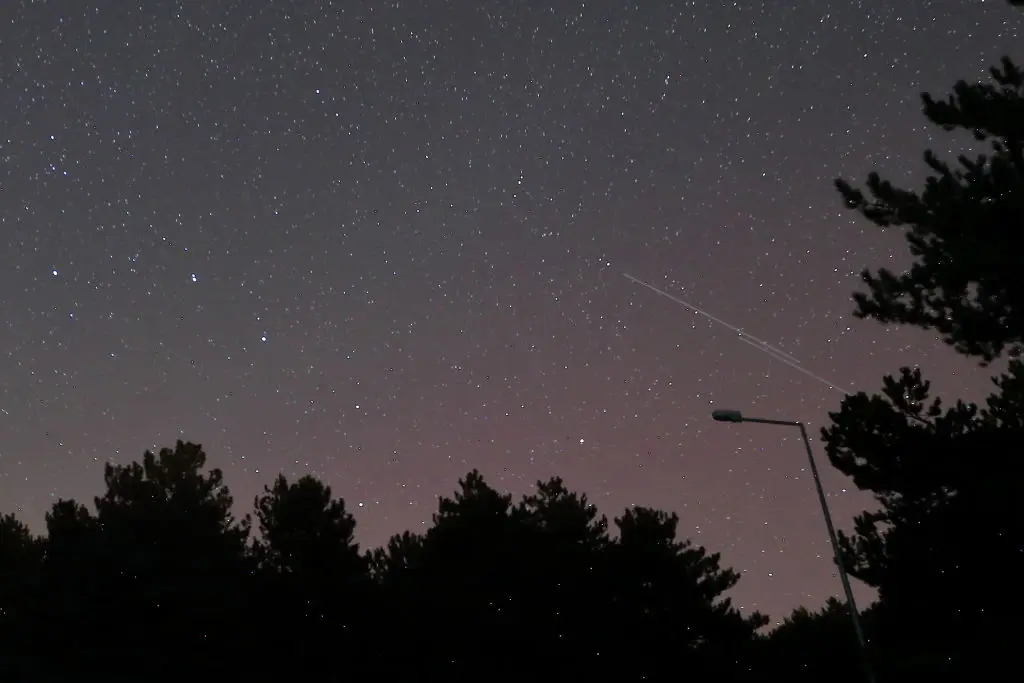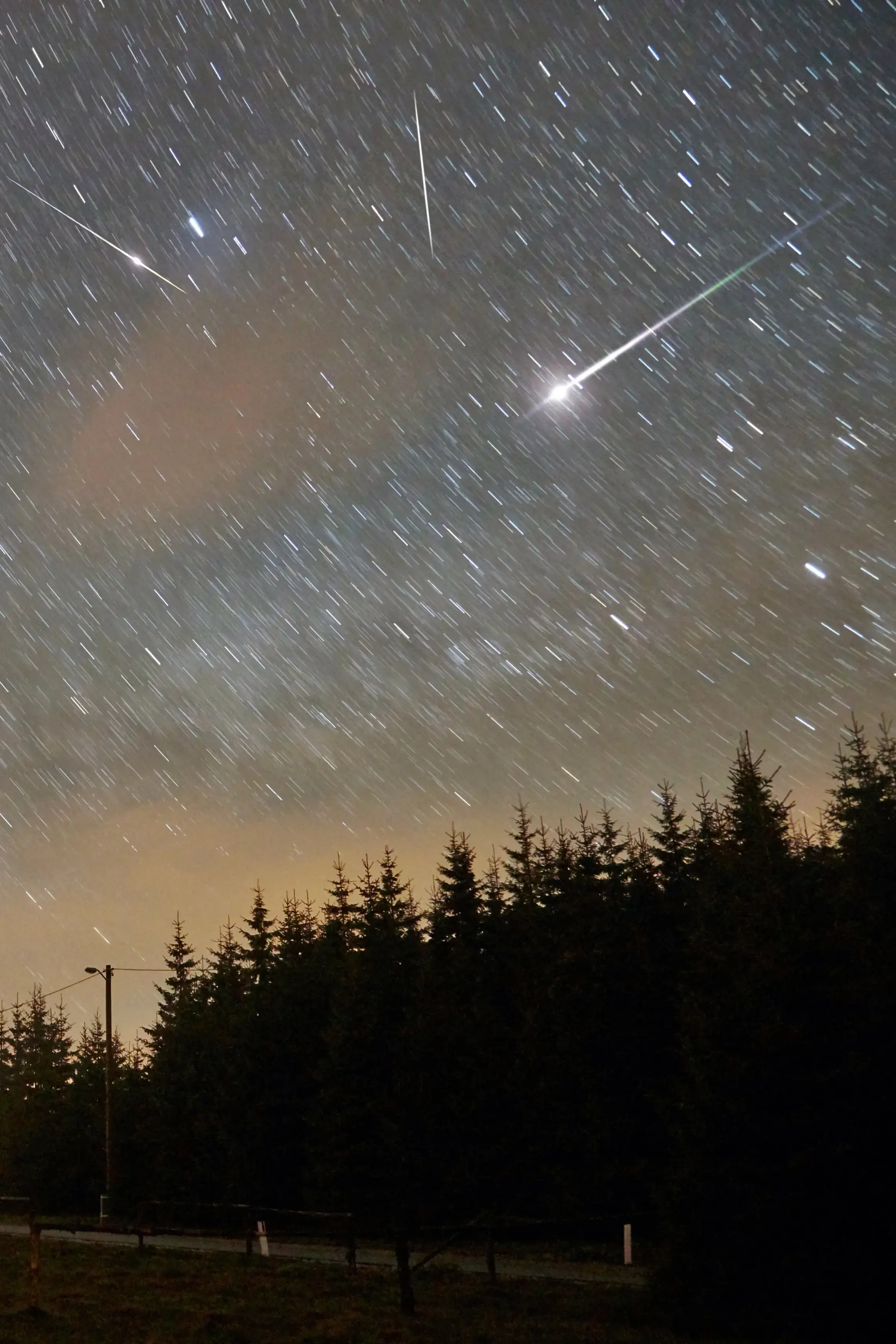
Don't worry if you missed the eagerly-anticipated Northern Taurid meteor shower which peaked last night (11 November) as Brits will get another chance to see the spectacular astronomical event tonight (12 November).
The stunning shower, which is caused by debris like ice and dust from Comet Encke passing through our solar system and heating up as they enter Earth's atmosphere and then burn in dazzlingly bright bursts of light, makes for quite the spectacle.

Now, the Northern Taurids have been active since last month (13 October) and will stay active until early doors next month (2 December).
Advert
While the cosmic phenomenon may have peaked yesterday, star-gazers can still catch the shower again tonight without the need for fancy gear.
Yep, you'll be able to see the skies light up with just your naked peepers - no need for telescopes or binoculars.
However, there is something you can do which doesn't involve any tech which will help you see it better.
How to see the Northen Taurid meteor shower tonight
Head outside before midnight and try to soak in as much of the sky as you can, allowing for around 30 minutes for your eyes to adjust to the dark.

The Met Office told Tyla yesterday: "There will be some patchy cloud overnight across northwest Scotland and southeast England, as well as some mist and fog in Northern Ireland, parts of northwest England and southern and central Scotland.
"The clearest skies are likely to be across southern England and eastern Scotland where there is a lower risk of mist and fog, and away from any towns and cities which would give off light pollution, making the meteor shower difficult to see.
"The moon is also nearly full (a waxing gibbous tonight), so this may also give off some light pollution."
Royal Museums Greenwich agrees that such meteor showers are best seen with a 'good, clear view of the stars on a night with no clouds'.
"Try to find somewhere with dark skies, an unobstructed horizon and very little light pollution," the website suggests. "The Taurids are not particularly dramatic - so you could use this as a chance to familiarise yourself with the night sky. Perhaps you'll catch a lucky shooting star while you're out there."
They added: "Make sure there are no direct sources of light in your eyes, so that you can fully adapt to the local conditions and ensure that fainter meteors become visible.
"There’s no advantage to using binoculars or a telescope; just look up with your own eyes to take in the widest possible view of the sky."
Tyla has reached out to the Met Office for further comment.